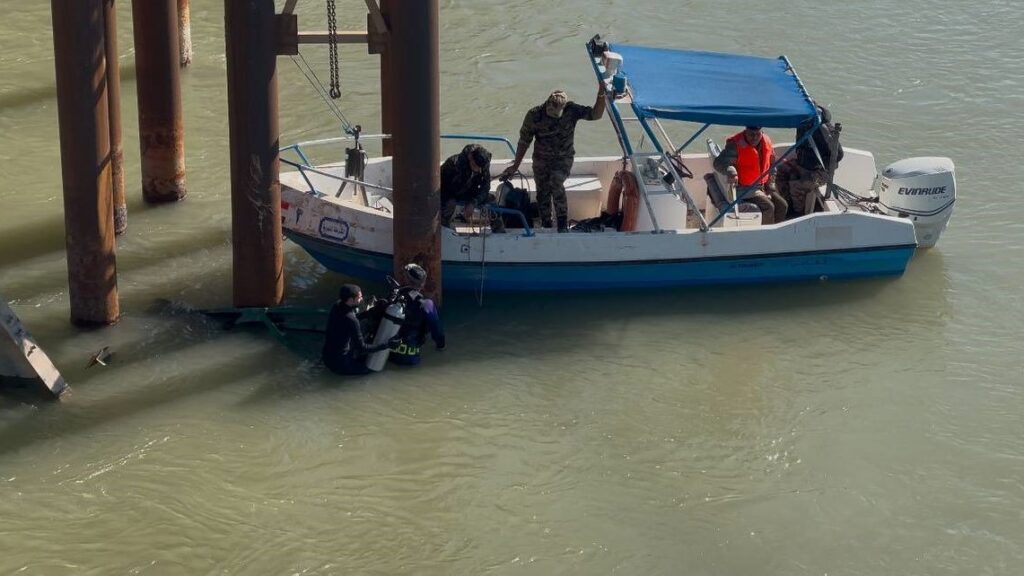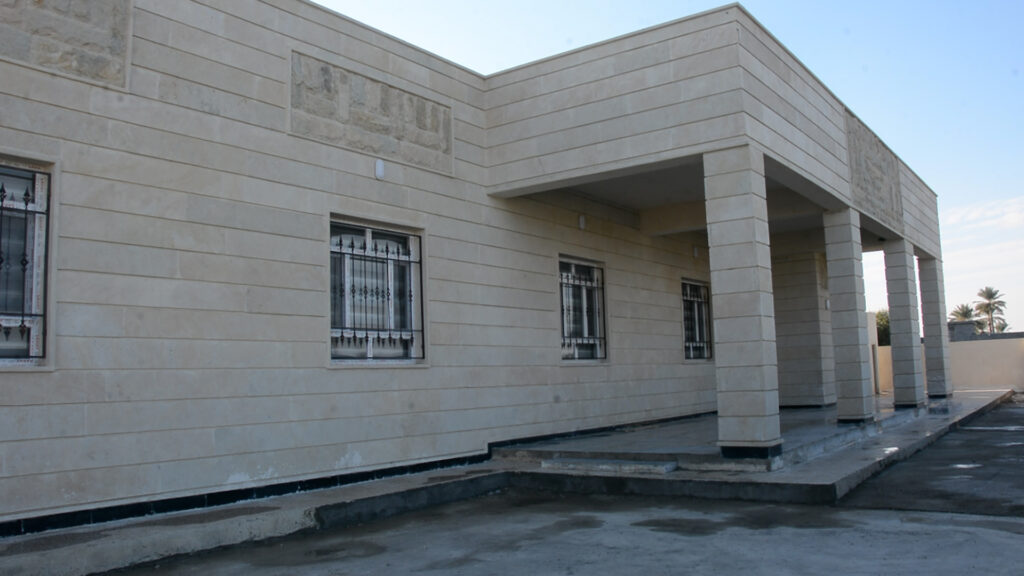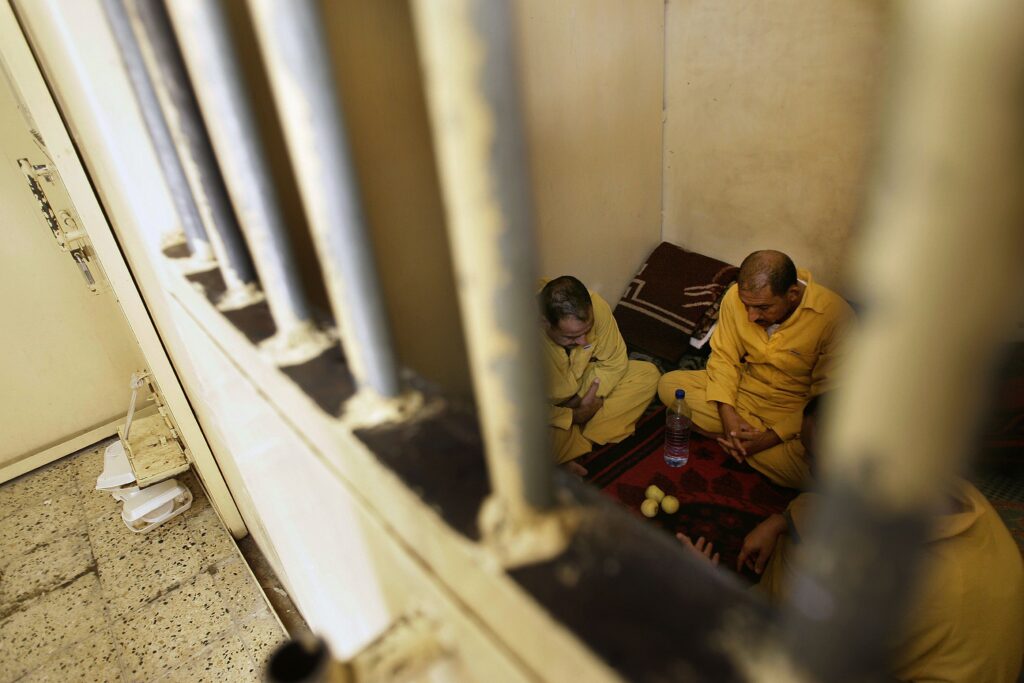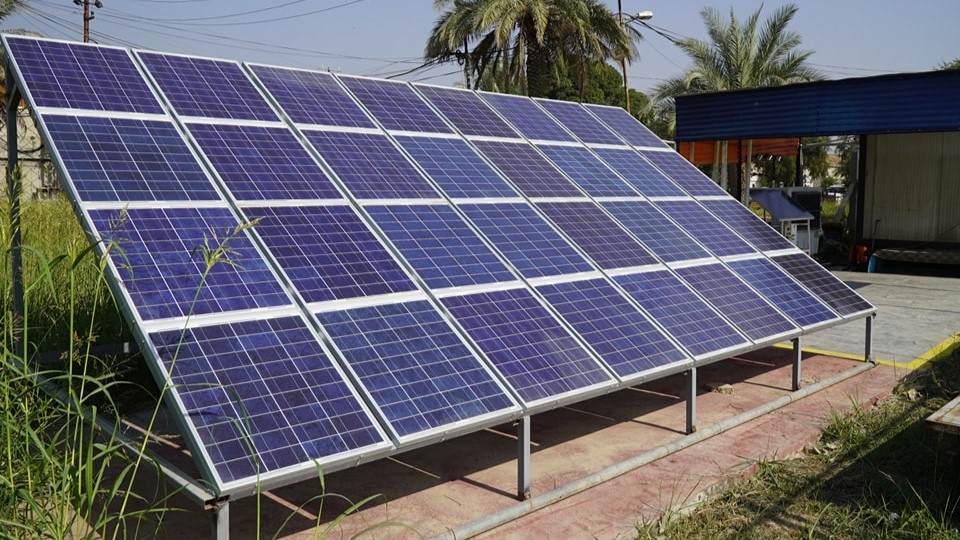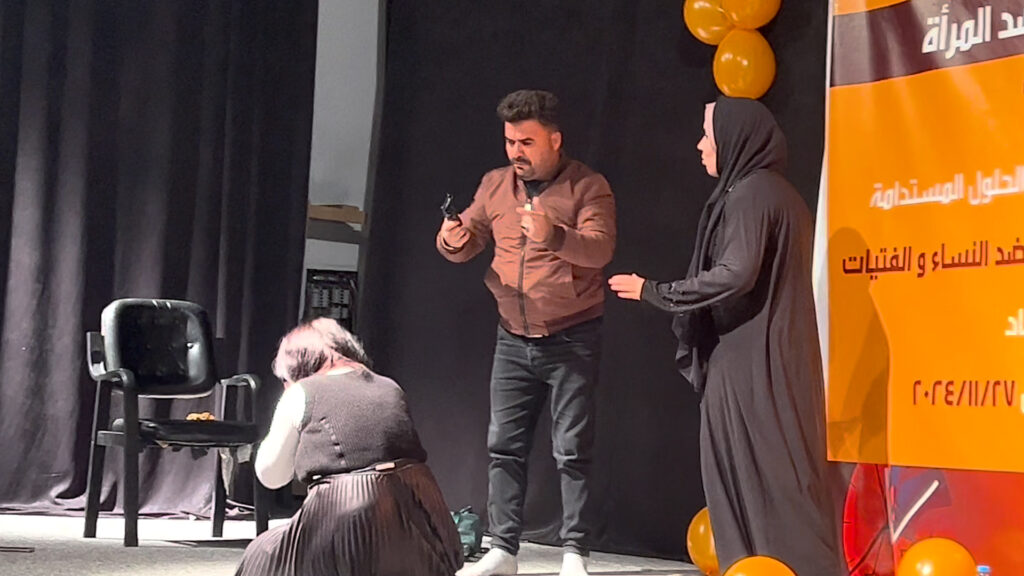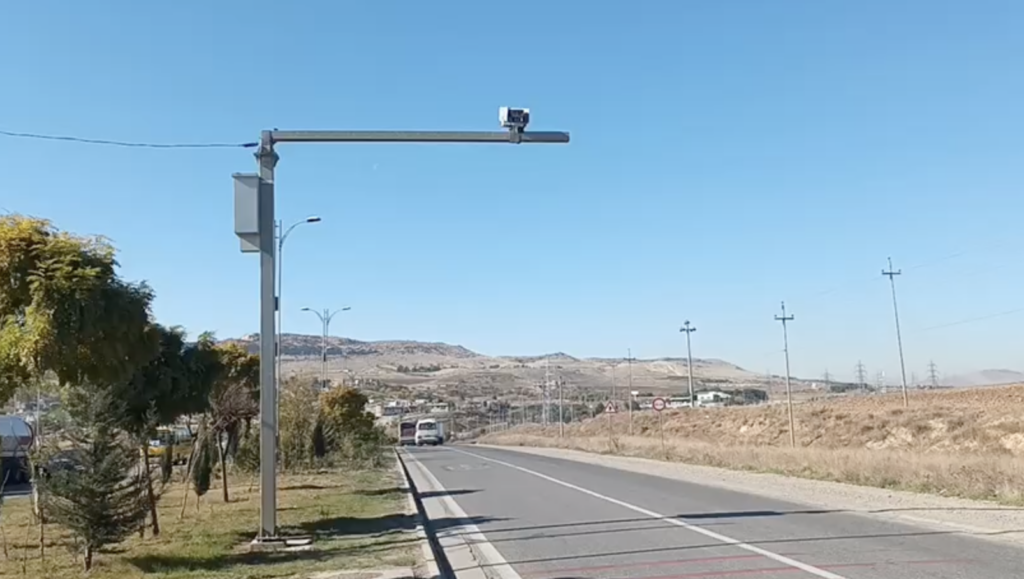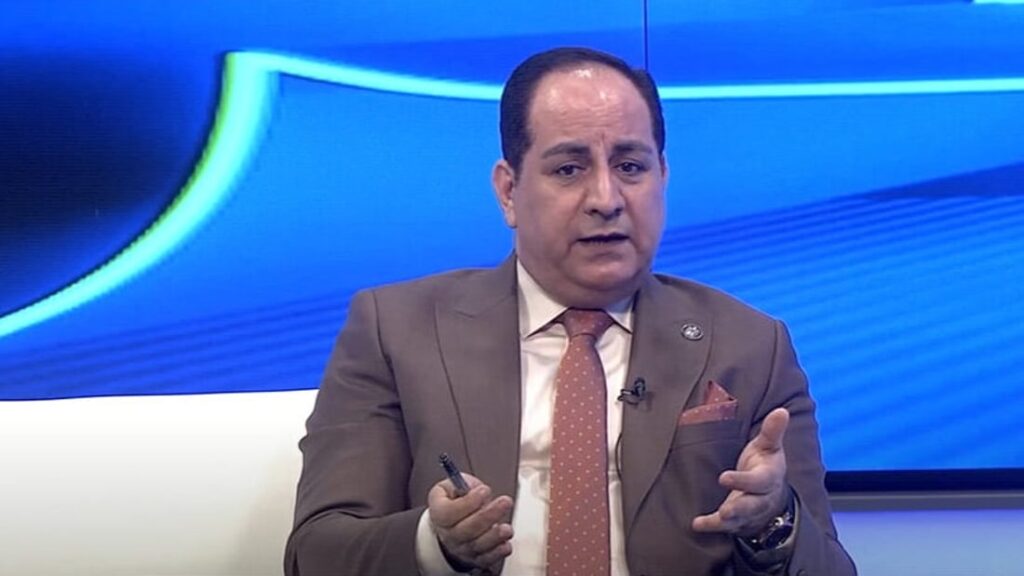Iraq: Fulfilling Secretary Pompeo’s Pledge To Increase Demining Support for Iraqi Minority Communities

By Solomon Black
At last year’s Ministerial to Advance Religious Freedom, U.S. Secretary of State Mike Pompeo pledged $17 million to expand demining activities in Ninewa, Iraq, the ancestral homeland of Iraqi minority communities ISIS systematically persecuted and targeted for genocide. Since making this pledge in July 2018, the Department of State has spent over $37 million to expand and sustain demining operations across Ninewa that have increased the safety and security of Iraqi minority communities. This funding has enabled the deployment of over 45 demining and community liaison teams in Ninewa – more than any other international donor supports – to conduct the dangerous and lifesaving work of removing buried ISIS bombs and booby traps as well as instilling safe behaviors in local communities through risk education. Since Secretary Pompeo’s announcement, these teams cleared more than 4,670 improvised explosive devices (IEDs) and other explosive hazards left by ISIS across Ninewa and provided life-saving risk education to more than 112,000 Iraqis living in Ninewa as well as displaced residents of Ninewa living in internally displaced person camps. This timely assistance enabled restoration of critical infrastructure and essential services, cultivation of fertile farmland, and reconstruction of damaged homes and businesses, laying the groundwork for displaced minority communities to return to their ancestral homelands and rebuild their lives.
The expansion of U.S.-funded demining efforts in Ninewa is playing a critical role making towns safe for minority communities to return to as well as enabling the delivery of basic services essential for the wellbeing of these communities. The town of Batnaya is located 14 miles north of Mosul and was home to approximately 950 Assyrian families prior to being occupied by ISIS in August 2014. While all of Batnaya’s residents escaped the town safely, ISIS laid numerous minefields around the town and booby-trapped homes in an attempt to thwart offensive military operations by the Iraqi Security Forces, indiscriminately kill civilians and discourage returns, and cause insecurity after their defeat. Before ISIS, Batnaya and fifteen other villages in the Ninewa Plains received electricity from a power substation in Telsqof. ISIS severely damaged the power lines between Telsqof and Batnaya when they knew the town would be liberated by Iraqi forces in an effort to deny Batnaya’s residents access to the power they would need to rebuild their homes.
Restoring power to Batnaya was a critical precursor to the return of displaced residents; however, stabilization actors were unable to repair the damaged lines safely due to a high number of buried ISIS IEDs emplaced around the power lines. The recent expansion of U.S.-funded demining operations has enabled the NGO Mines Advisory Group (MAG) to deploy more demining teams across Ninewa Governorate to conduct the dangerous and methodical work of clearing ISIS IEDs, including in and around key infrastructure like the damaged lines. MAG’s successful clearance of ISIS IEDs around the power lines ultimately enabled engineers to repair the damaged lines safely and restore power to Batnaya and 15 other nearby towns. To date, MAG teams have cleared more than 950 ISIS improvised mines and 1,660 pieces of unexploded ordnance in and around Batnaya. These U.S.-funded operations ensure Batnaya’s residents can begin rebuilding their homes and cultivating vast tracts of fertile farmland safe from the threat of buried ISIS bombs.
The towns of Haialy, Skeni, and Raska, located at the southern foot of Mount Sinjar, were seized by ISIS in August 2014. ISIS contaminated the land around these historically Yezidi towns with hundreds of IEDs and even booby-trapped homes in order to indiscriminately kill and maim returning families. While Iraqi forces successfully drove ISIS out of the villages in November 2016, ISIS left behind desolate villages almost completely destroyed and littered with dangerous explosive hazards. After ISIS mines and booby traps killed or injured several of the early returnees to this area, many Yezidi families who lived in these villages prior to ISIS were afraid to return to their homes due to the remaining threat.
Since July 2018, U.S. support has enabled demining teams and armored heavy equipment deployed by MAG to clear more than 275 improvised mines, booby traps, and other explosive hazards from homes and land in and around Haialy, Skeni, and Raska. Following MAG’s clearance activities, Yezidi families displaced by ISIS are returning to the villages, including a 28-year-old shepherd named Kamal who recently returned to Haialy with his family. Describing how dangerous the situation in Haialy was after ISIS was defeated, Kamal noted: “I heard about many accidents. Last year an accident happened in a house next to ours that killed my 18- year-old nephew. Because of these accidents we knew it was still too dangerous to live here, but when MAG cleared our houses we came back.”
The above examples are a small sampling of the tangible impact that U.S.-funded demining efforts are having on the ground in Ninewa Province. Across Sinjar and the Ninewa Plains, these operations are enabling Iraqi minority communities to rebuild their homes, develop local economies, and restore a sense of normalcy safe from the specter of ISIS IEDs. The United States is proud to be the leading donor to the explosive remnant of war removal efforts in Iraq supporting the return of displaced Iraqis to their homes and provide the foundation for a stable, prosperous, pluralistic Iraq.
To learn more about the United States’ global conventional weapons destruction efforts, check out our annual report, To Walk the Earth in Safety, and follow us on Twitter @StateDeptPM.
*About the Author: Solomon Black is a Program Manager in the Office of Weapons Removal and Abatement at the U.S. Department of State's [Bureau of Political-Military Affairs]*https://www.state.gov/bureaus-offices/under-secretary-for-arms-control-and-international-security-affairs/bureau-of-political-military-affairs/).*

